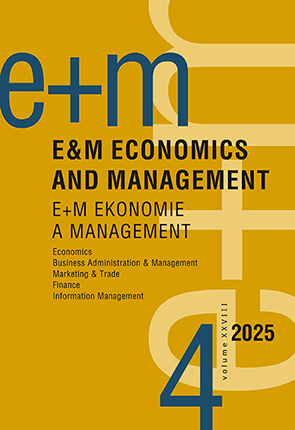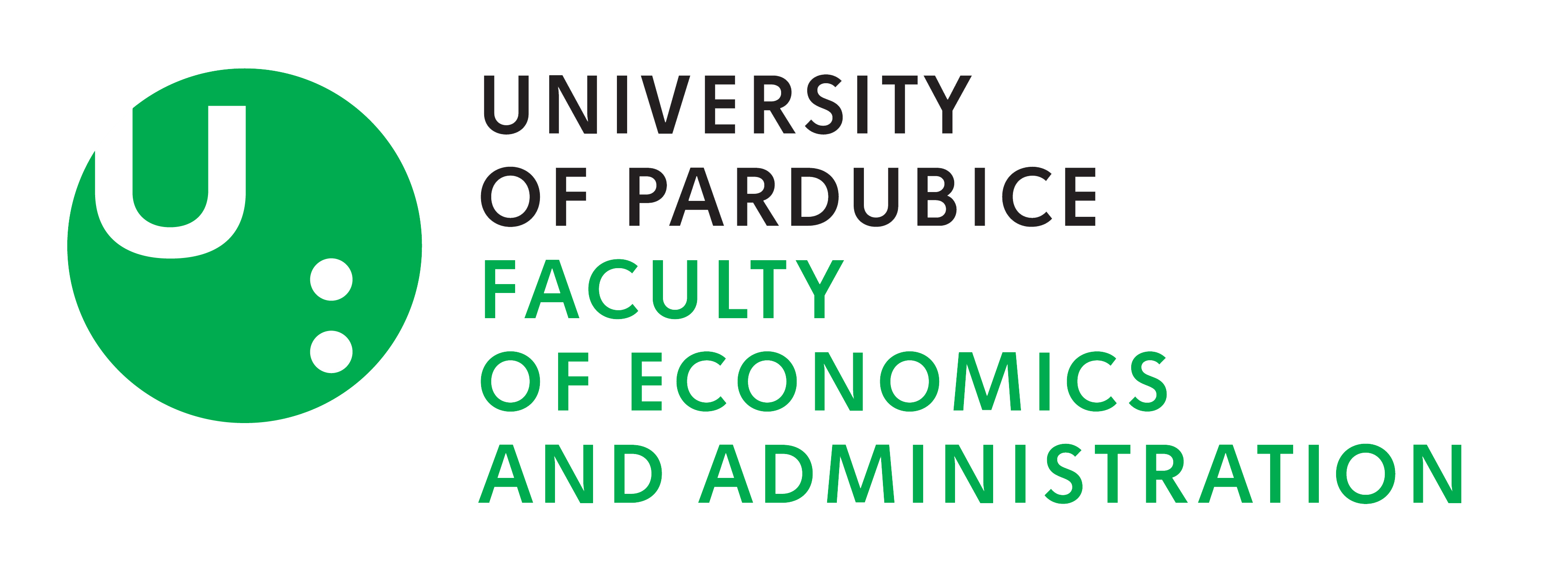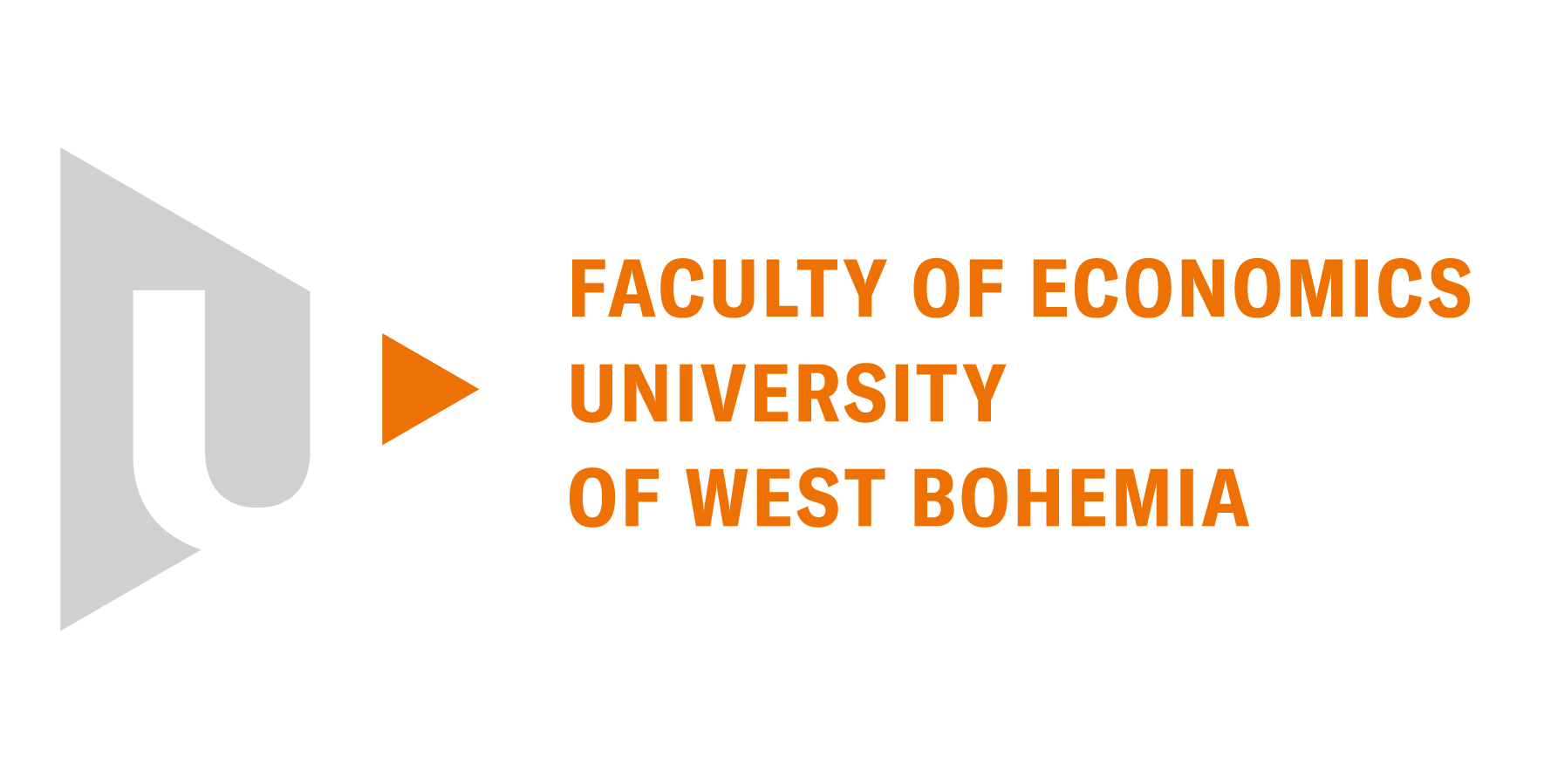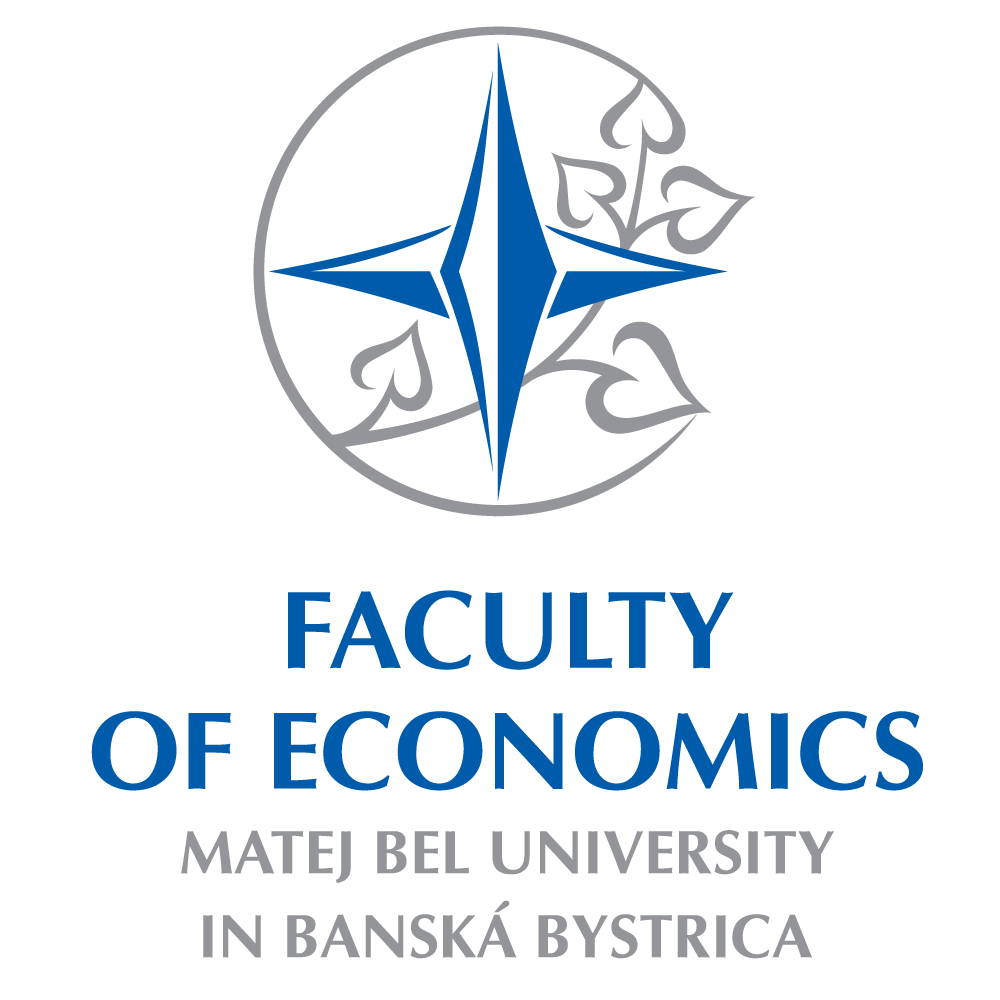Monothematic issue 2026
Sustainable cities
This monothematic issue seeks to create a platform for interdisciplinary research on sustainable cities. Urban areas have become central to the global economy, yet they also face significant social and environmental challenges. Without addressing these issues, cities risk becoming overcrowded, polluted, and increasingly detrimental to the quality of life for their inhabitants. We invite submissions of original papers from diverse academic disciplines, presenting innovative research that can contribute to overcoming the key sustainability challenges facing urban areas worldwide.
Important dates: submissions closed, expected publication September 2026. More information in Call for papers here.
Monothematic issue 2025 (published September 5, 2025)
Transitioning to the green circular economy: The age of VUCA
In a world defined by environmental degradation, economic volatility, and technological disruption, the circular economy (CE) has moved from a theoretical concept to a practical imperative. This monothematic issue brings together diverse global perspectives and empirical research that demonstrate how CE serves as a strategic response to today’s volatile, uncertain, complex, and ambiguous (VUCA) conditions. The research featured here confirms that circularity is no longer an optional pursuit.
More information in Editorial, full issue.
Monothematic issue 2024 (published September 6, 2024)
Emerging digital technologies and their influence on elimination of supply chain vulnerability
This issue of E&M Economics and Management aims to expand the understanding of how digital technologies can be leveraged to mitigate supply chain vulnerabilities. The focus is on exploring the role of these technologies in making supply chains more lean, agile, resilient, and environmentally sustainable. The collected articles offer a comprehensive look into various aspects of this dynamic field. More information in Editorial here.
Aims & Scope
The journal E&M Economics and Management (E&M) publishes high quality original research articles and scientific studies based on theoretical and empirical analyses. E&M encourages new intriguing ideas and new perspectives on existing state of knowledge.
Among the key topics covered are Economics, Business Administration, Finance, Management, Information Management, and Marketing & Trade. More information here.
Warning
Editorial office of the journal E&M Economics and Management warns that there have recently emerged false offers promising mediation of publishing in our journal for a certain fee. Editorial office declares that we do not keep such cooperation. Every single review process is standartized and transparent. If you are interested in publishing with E&M, contact our editorial office directly. The journal does not have any intermediaries abroad.








